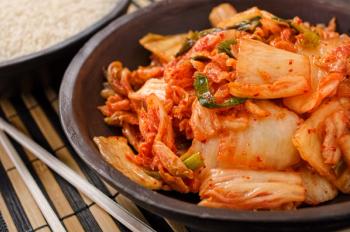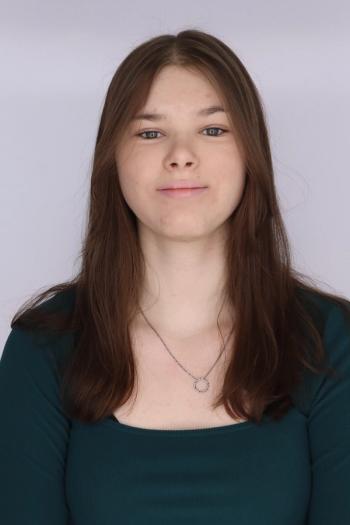
HPLC 2009 Monday Morning
What's happening at HPLC 2009?
HPLC 2009 begins today in earnest with a plenary lecture from Hans Maurer on current trends in LC-MS in clinical and forensic science followed by a review of current applications and future challenges of HPLC-MS in drugs and metabolites analysis by Gerard Hopfgartner.
Andreas Manz chairs the Microscale Analysis session, which includes lectures from Gunther Fuhr on single cell separation and manipulation, Salvatore Fanali on nano-liquid chromatography in food and drug analysis, Jeremy Galineau on the future of microscale analysis and the session closes with a talk on miniaturized on-line analysis of a target protein in plasma samples by Annabelle Cingoz.
The Fundamental Aspects chaired by Georges Guiochon will start with a talk by Attilla Felinger on mass transfer in liquid chromatography followed by Fernando Lancas on temperature-programmed capillary liquid chromatography, Ulrich Tallarek on transport phenomena in packed microchips; and closes with a talk by Jan Stahlberg on the circumstances when the ideal model of gradient chromatography actually applies.
Edward Yeung chairs the Electroseparation session, which will include lectures on inorganic explosive identification using capillary electrophoresis and ion chromatography by Paul Haddad, Gerard Rozing discussing "capillary electrophoresis rennaisance" and new applications of the technique, Christian Klampfi on the future role of ESI and Non-ESI in CE–MS and will close with a session on electromembrane extraction in microscale sample preparation by Astrid Gjelstad.
Poster sessions and vendor seminars take place during the lunchbreak.
Newsletter
Join the global community of analytical scientists who trust LCGC for insights on the latest techniques, trends, and expert solutions in chromatography.




